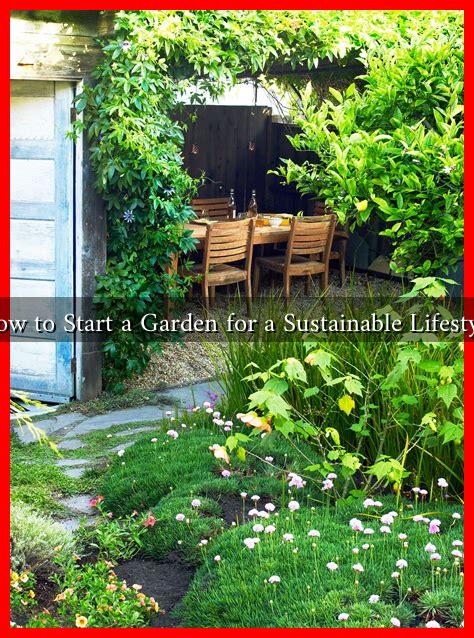-
Table of Contents
How to Start a Garden for a Sustainable Lifestyle
Gardening is not just a hobby; it is a powerful way to contribute to a sustainable lifestyle. By growing your own food, you can reduce your carbon footprint, promote biodiversity, and enjoy fresh produce right from your backyard. This article will guide you through the essential steps to start a garden that supports sustainability.
Understanding the Benefits of Gardening
Before diving into the practical aspects of gardening, it’s important to understand the myriad benefits it offers:
- Environmental Impact: Home gardens can help reduce greenhouse gas emissions by minimizing the need for transportation of food products.
- Food Security: Growing your own food ensures access to fresh, organic produce, reducing reliance on commercial agriculture.
- Health Benefits: Gardening promotes physical activity and mental well-being, while also providing nutritious food options.
- Biodiversity: Home gardens can support local ecosystems by providing habitats for various species.
Choosing the Right Location
The first step in starting a garden is selecting an appropriate location. Here are some factors to consider:
- Sunlight: Most vegetables and fruits require at least 6-8 hours of direct sunlight daily.
- Soil Quality: Test your soil for pH and nutrient levels. You can use a home testing kit or send samples to a local extension service.
- Accessibility: Ensure that your garden is easily accessible for regular maintenance and harvesting.
Planning Your Garden Layout
Once you have chosen a location, it’s time to plan your garden layout. Consider the following:
- Garden Type: Decide whether you want a traditional in-ground garden, raised beds, or container gardening.
- Crop Selection: Choose plants that are well-suited to your climate and soil conditions. Native plants are often a great choice for sustainability.
- Companion Planting: Research which plants grow well together to maximize space and deter pests. For example, planting marigolds alongside vegetables can help repel harmful insects.
Implementing Sustainable Practices
To ensure your garden is sustainable, consider incorporating the following practices:
- Organic Gardening: Avoid synthetic fertilizers and pesticides. Instead, use compost, natural fertilizers, and organic pest control methods.
- Water Conservation: Implement drip irrigation or rainwater harvesting systems to minimize water usage.
- Crop Rotation: Rotate your crops each season to maintain soil health and reduce pest buildup.
Case Study: The Urban Garden Movement
The urban gardening movement has gained momentum in recent years, with cities around the world embracing green spaces. For instance, the city of Detroit has seen a resurgence in community gardens, which not only provide fresh produce but also foster community engagement and education. According to a report by the American Community Gardening Association, community gardens can increase neighborhood cohesion and reduce crime rates.
Getting Started: Tools and Resources
To kickstart your gardening journey, you will need some basic tools:
- Hand trowel
- Pruning shears
- Garden fork
- Watering can or hose
- Compost bin
Additionally, consider utilizing online resources and local gardening clubs for support and knowledge sharing. Websites like [Gardener’s Supply Company](https://www.gardeners.com) offer a wealth of information on sustainable gardening practices.
Conclusion
Starting a garden for a sustainable lifestyle is a rewarding endeavor that benefits both you and the environment. By choosing the right location, planning effectively, and implementing sustainable practices, you can create a thriving garden that provides fresh produce while promoting ecological health. Remember, every small step counts in the journey toward sustainability. So grab your gardening tools and start planting for a greener future!


